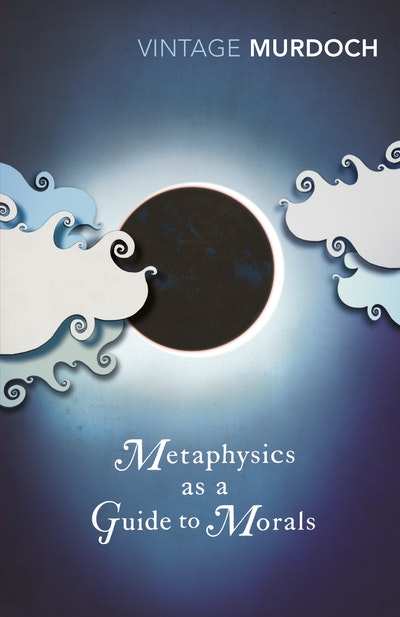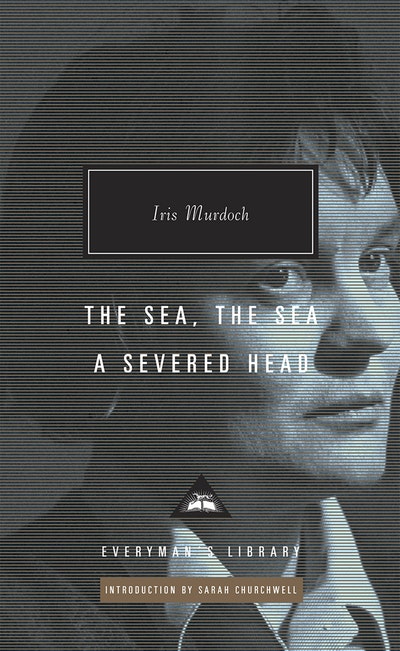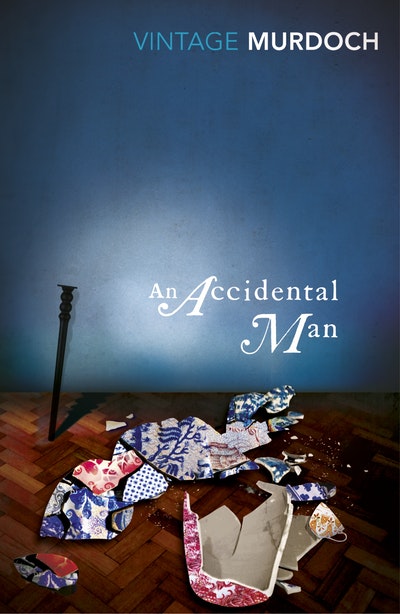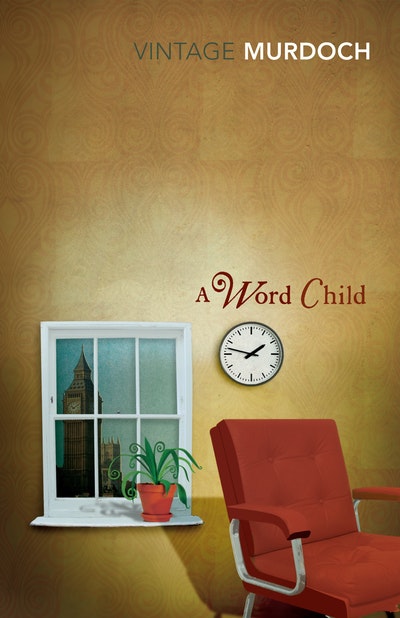[]
- Published: 1 May 2003
- ISBN: 9780099433552
- Imprint: Vintage Classics
- Format: Paperback
- Pages: 544
- RRP: $36.99
Metaphysics as a Guide to Morals
Formats & editions
Buy from…
- Published: 1 May 2003
- ISBN: 9780099433552
- Imprint: Vintage Classics
- Format: Paperback
- Pages: 544
- RRP: $36.99
This is philosophy dragged from the cloister, dusted down and made freshly relevant
Terry Eagleton, Guardian
Gripping...it enchants with a clause that sets you day-dreaming, captivates with a stream of thought, empowers with reminiscences
London Review of Books
Anyone who has even the slightest interest in philosophical matters will find Metaphysics as a Guide to Morals an utterly absorbing book
Wall Street Journal
Remarkable... Iris Murdoch has once again put us all in her debt
New York Times Book Review
It is a great congested work, a foaming sourcebook, about life, imagination, tragedy, philosophy, morality, religion and art
Independent
A thrilling read… Metaphysics is an invaluable demonstration of how relevant philosophical issues are to our everyday lives, particularly in our relationship to art
Lucy Bolton, Times Higher Education










